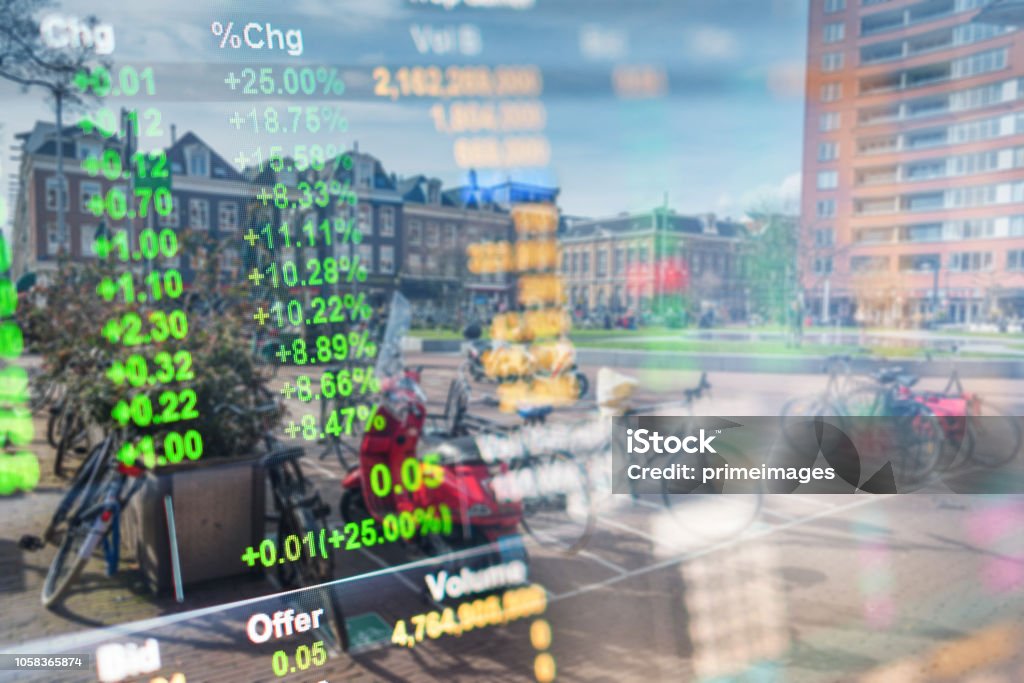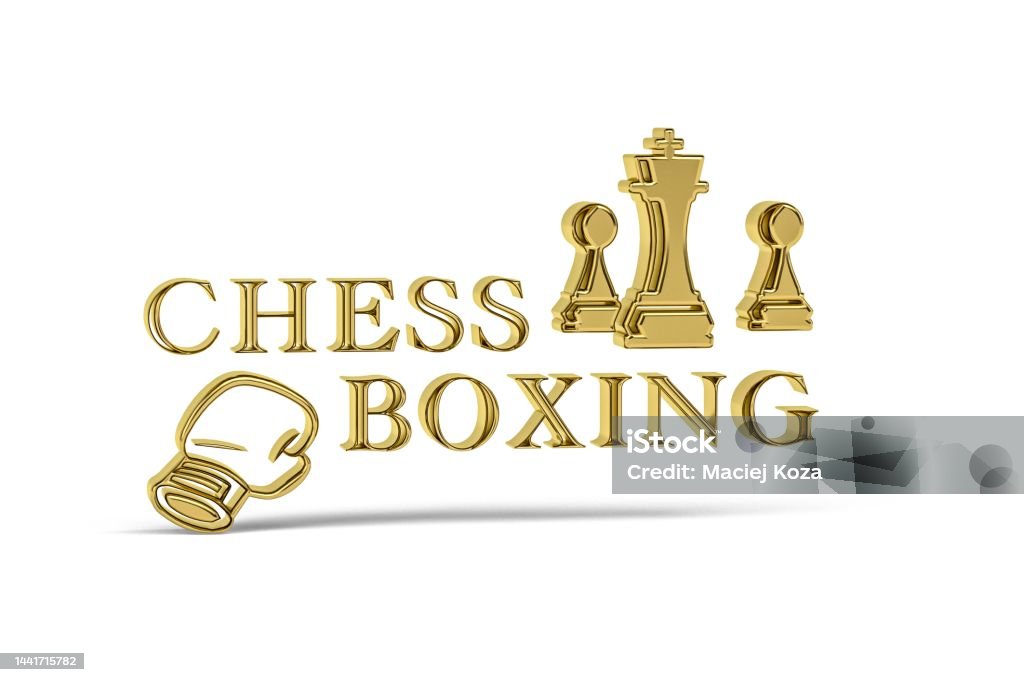How Kalshi Helped Prediction Markets Go Mainstream

Prediction markets were once niche, fringe experiments limited to online betting platforms and academic circles. But in recent years, Kalshi has transformed the space, becoming the largest and most controversial prediction market in the United States.
By offering traders the ability to buy and sell shares in real-world outcomes—from political elections to celebrity divorces—Kalshi has brought prediction markets into the spotlight. And as TechCrunch reports, that spotlight comes with both regulatory heat and investor excitement.
How Kalshi Helped Prediction Markets Go Mainstream
Prediction markets were once niche, fringe experiments limited to online betting platforms and academic circles. But in recent years, Kalshi has transformed the space, becoming the largest and most controversial prediction market in the United States.
By offering traders the ability to buy and sell shares in real-world outcomes—from political elections to celebrity divorces—Kalshi has brought prediction markets into the spotlight. And as TechCrunch reports, that spotlight comes with both regulatory heat and investor excitement.
Kalshi: Where Wall Street Meets Vegas
Kalshi’s platform lets users speculate on yes-or-no questions related to real-world events. Want to bet on whether the Fed will raise interest rates next month? Or if Taylor Swift will perform at the Super Bowl halftime show? Kalshi has markets for that.
While this might sound like gambling, Kalshi argues that it’s a regulated financial exchange, approved by the U.S. Commodity Futures Trading Commission (CFTC). However, this classification hasn’t stopped states and lawmakers from pushing back, especially as the company grows more prominent.
Mainstream Attention and Political Scrutiny
Kalshi’s journey to the mainstream hasn’t been without friction. As TechCrunch’s Maxwell Strachan notes, some courts and even Trump-era regulators saw Kalshi as legitimate, while others view it as a new flavor of unregulated gambling.
This split has intensified debates over whether prediction markets can be used as financial instruments or should be subject to the same rules as sportsbooks.
Kalshi maintains that its platform is fundamentally about information efficiency—using market forces to predict outcomes more accurately than polls or pundits.
Why This Matters for Investors and the Public
If prediction markets like Kalshi continue to grow, they could:
-
Change how we understand public opinion, especially in politics and economics.
-
Open new asset classes for financial traders and retail investors.
-
Challenge traditional betting and polling methods with real-time, money-backed sentiment data.
In essence, Kalshi’s rise marks the point where finance, news, and entertainment blur into a single, tradeable ecosystem.
Original article via TechCrunch






TONY20251128. Những điểm ấn tượng chỉ có tại nhà cái 888slots
888slot app Một ưu điểm hoàn hảo tại nổ hũ Fun 88 đó chính là giao diện vô cùng bắt mắt, đẳng cấp cùng luật chơi rõ ràng. Một số sản phẩm siêu hút chân cộng đồng cược thủ có thể kể đến như ăn khế trả vàng, kho kháu tứ linh, ngọn lửa chibi, long quy chi bảo,…
đăng ký 188v không ngừng nỗ lực để mang đến cho người chơi những ưu đãi hấp dẫn và giá trị. Các chương trình khuyến mãi đa dạng là một trong những lý do cơ bản nhất giúp chúng tôi thu hút đông đảo người đặt cược.
Đội ngũ quản trị của 66b app luôn giám sát hệ thống một cách liên tục. Mỗi giao dịch, từ nạp tiền đến rút tiền, đều được kiểm tra cẩn thận để đảm bảo an toàn tuyệt đối. Nhờ vào các biện pháp bảo mật tiên tiến này, nhà cái đã xây dựng được lòng tin từ hàng triệu người chơi trên toàn thế giới. TONY12-30
MDRPLAYCOM is where it’s at for finding some serious gaming heat! They’ve got all sorts of reviews and guides that are actually helpful. Give it a look if you’re hunting for the next killer game. mdrplaycom
Need the latest link to 188bet? Linkvao188betmoinhat is your go-to place! Always updated and reliable, so you can bet with peace of mind. Khong can lo lang! linkvao188betmoinhat
Yo, Winforlife888login makes getting logged in a breeze. Quick and painless, so you can focus on winning! Seriously, no headaches here. winforlife888login
Can you be more specific about the content of your article? After reading it, I still have some doubts. Hope you can help me. https://www.binance.com/register?ref=IXBIAFVY
Can you be more specific about the content of your article? After reading it, I still have some doubts. Hope you can help me. https://accounts.binance.com/fr-AF/register?ref=JHQQKNKN
Thanks for sharing. I read many of your blog posts, cool, your blog is very good.